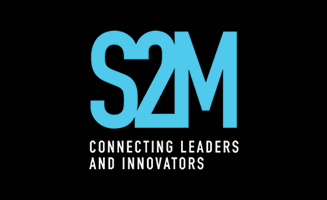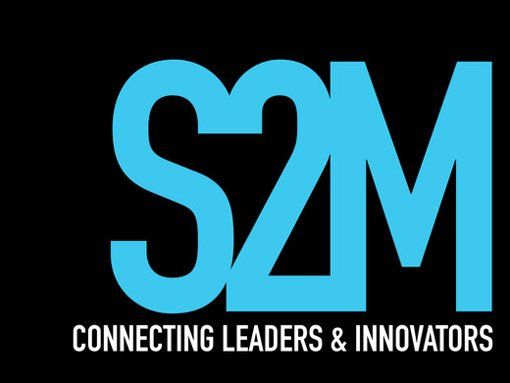Is Full Stack a Buzzword?
The term “full stack” gets thrown around a lot when it comes to software development. Most of the time it is used to say “someone who is proficient in an end-to-end solution”. But there are a few problems with using a phrase like full stack to imply that a software developer is proficient in every language. The term “full stack” can mean different things to different people, and it is thrown around so loosely that it is hard to recognise where the line is in skillsets as a recruiter.
Here are 3 ways full stack is used as a buzzword, and how to differentiate between them.
1. Full stack in one type of solution is not Full Stack
I’ll tell this story about a role I hired for a while ago.
I was hiring for a role that involved building a complex product, and the ideal candidate was someone who could work independently on a complete solution. It was a great role and the right candidate would be rewarded handsomely for their efforts.
As the candidates began to roll in, it became increasingly clear that while the needs of the client were flexible, they demanded a very specific technology stack for the developer to work under. Many developers would have proficiency in Javascript, Java and even SQL, but would struggle in designing the right strategy to code them together. Eventually we found the right candidate, but not without our trials and tribulations!
Full stack doesn’t just mean knowing different languages. Full stack means knowing how to strategise and plan how you can work them into each other.
2. Javascript does not make you Full Stack
Though Javascript is a very powerful language, being very proficient in Javascript does not make you full stack. Most projects nowadays rely heavily on Javascript libraries for their front end, but very few are using it for anything else.
There was recently a candidate I was working with who had a great skillset and a stellar C.V. He had worked on some amazing projects in the past with some really great companies on their innovative solutions. There was however, one small issue.
He had spent most of his time working in MERN (Mongo DB for database, Express, React and Node). While this was at the forefront of development technologies, many of the projects we were hiring for at the time required most of the old school technologies. Even though the use of Mongo DB is on the rise, a lot of projects are reluctant to rebuild their databases with NoSQL.
3. Full stack does not mean you are a key man dependency
Lastly, when candidates are looking at Full Stack development roles they are often looking at working as part of a larger team. Most full stack development roles I’ve hired for are very documentation heavy, as it is necessary to communicate to the larger team how you’re going about your work, to ensure greater collaboration across development teams.
So, while being a full stack developer might be an awesome career opportunity, it’s important to keep mindful that you aren’t using it as a buzzword!






